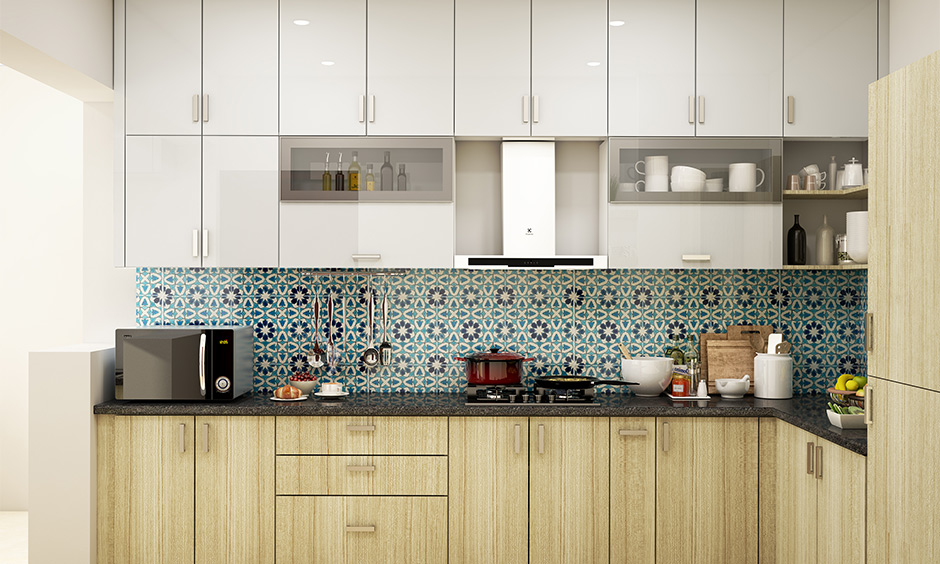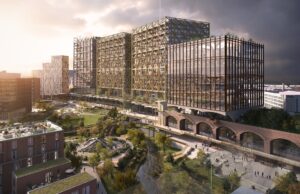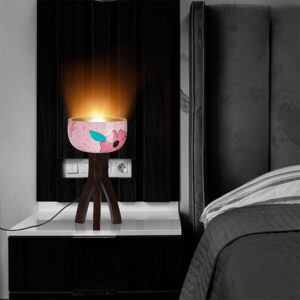Moroccan Tiles for Kitchen: Infusing Charm, Culture, and Timeless Beauty into Your Space
Moroccan tiles have long been admired for their stunning designs, vibrant colors, and handcrafted quality. Bringing these elements into your kitchen can transform it from a functional space into a work of art that exudes warmth, character, and culture. With their intricate patterns and rich history, Moroccan tiles offer a unique way to enhance your kitchen’s aesthetic while maintaining practicality. Whether used for backsplashes, flooring, countertops, or accent walls, Moroccan tiles bring a touch of Mediterranean and North African elegance to any kitchen space.
Aesthetic Appeal
One of the most significant benefits of incorporating Moroccan tiles into your kitchen design is their sheer beauty. Bold geometric patterns, floral motifs, and vibrant colors like deep blues, rich greens, warm yellows, and earthy reds often characterize these tiles. These hues can instantly add a pop of color to an otherwise neutral kitchen or complement existing shades to create a more cohesive design.
Moroccan tiles also offer endless design possibilities. Whether you prefer a bold, statement-making backsplash or a more subtle floor pattern, the variety of colors and shapes allows you to customize your kitchen to suit your style. Traditional Moroccan patterns, such as Zellige, feature small, intricately cut tiles arranged in geometric designs, creating a mesmerizing, mosaic-like effect. These patterns can create a focal point in the kitchen, drawing attention to specific areas like the backsplash behind the stove or sink.
For those who prefer a more minimalist approach, neutral-colored Moroccan tiles, like soft greys or whites, offer a refined elegance without sacrificing the artistic craftsmanship that these tiles are known for. This allows you to achieve a sophisticated, modern look while embracing Moroccan design’s traditional artistry.
Practicality and Durability
Moroccan tiles are not just beautiful; they are also efficient, making them an ideal choice for kitchen use. Most Moroccan tiles are made from durable materials such as ceramic, cement, or clay, ensuring they can withstand daily kitchen activities’ wear and tear. These materials are resistant to heat, making them perfect for use around stoves and ovens, and they are also easy to clean, which is essential in a high-traffic area like the kitchen.
In addition to their durability, Moroccan tiles are also water- and stain-resistant. This makes them an excellent option for backsplashes, countertops, and flooring, where spills and splashes are common. The smooth, glazed surface of many Moroccan tiles ensures that they won’t absorb liquids, allowing for easy maintenance and ensuring that your kitchen remains fresh and beautiful for years.
Moreover, the slip-resistant nature of many Moroccan tiles adds an extra layer of safety, especially for kitchen flooring. The slightly textured surfaces provide grip, reducing the risk of accidents in a space where spills and moisture are frequent.
Versatility in Design
Moroccan tiles’ versatility makes them suitable for various kitchen design styles, from traditional to modern. In a more conventional kitchen, Moroccan tiles can evoke the warmth and charm of Mediterranean or Moroccan-inspired interiors, creating a cozy, inviting space. In contrast, in a modern or minimalist kitchen, Moroccan tiles can add a touch of artistic flair and color, offering a striking contrast to sleek cabinets and countertops.
You can use Moroccan tiles to cover entire walls or floors, or strategically place them as accents to highlight specific areas. For example, a bold, colorful backsplash behind the stove can be a focal point in a more neutral kitchen. At the same time, a Moroccan tile-covered island or countertop can create a stunning visual centerpiece.
These tiles also work well with a range of materials. They can be paired with wood for a more rustic, earthy look, or with sleek, modern surfaces like stainless steel or marble to contrast the tiles’ old-world charm and the modernity of the rest of the kitchen.
Timeless Appeal
One of the most compelling aspects of Moroccan tiles is their timeless appeal. The art of creating Moroccan tiles dates back centuries, and their beauty has endured. The intricate patterns and vibrant colors never go out of style, making them a wise investment for your kitchen. Unlike trends that come and go, the classic beauty of Moroccan tiles ensures that your kitchen will remain stylish for years to come.
The handmade nature of many Moroccan tiles also adds to their timeless quality. Each tile is unique, with slight variations in color and texture that add to its charm and character. This handcrafted element gives Moroccan tiles a sense of authenticity and heritage that is hard to find in mass-produced materials.
Conclusion
Incorporating Moroccan tiles into your kitchen design is an excellent way to add beauty, culture, and functionality to your space. Their intricate designs, vibrant colors, and durable nature make them ideal for kitchens, whether used for backsplashes, flooring, or countertops. Moroccan tiles offer endless design possibilities, allowing you to customize your kitchen to your taste and lifestyle.
With their timeless appeal and practical benefits, Moroccan tiles are not just a decorative element; they are a lasting investment that can elevate the overall aesthetic and functionality of your kitchen, transforming it into a space that is both beautiful and enduringly stylish.














Post Comment